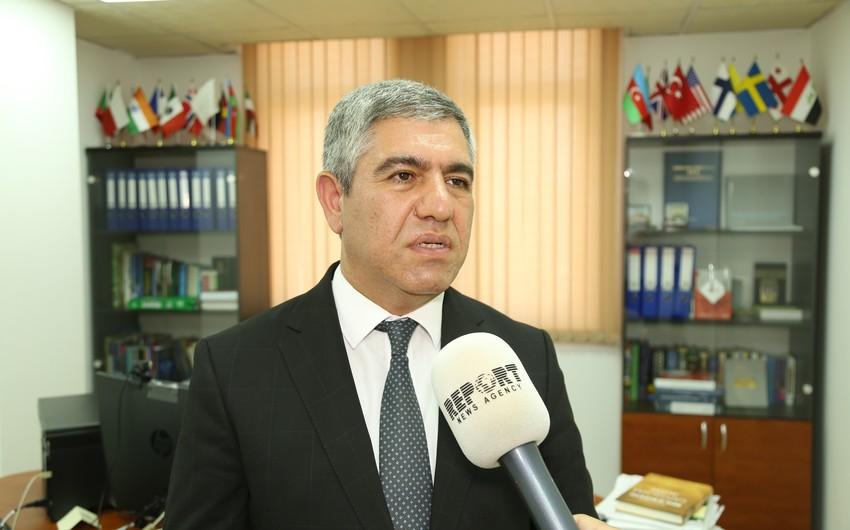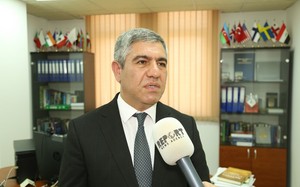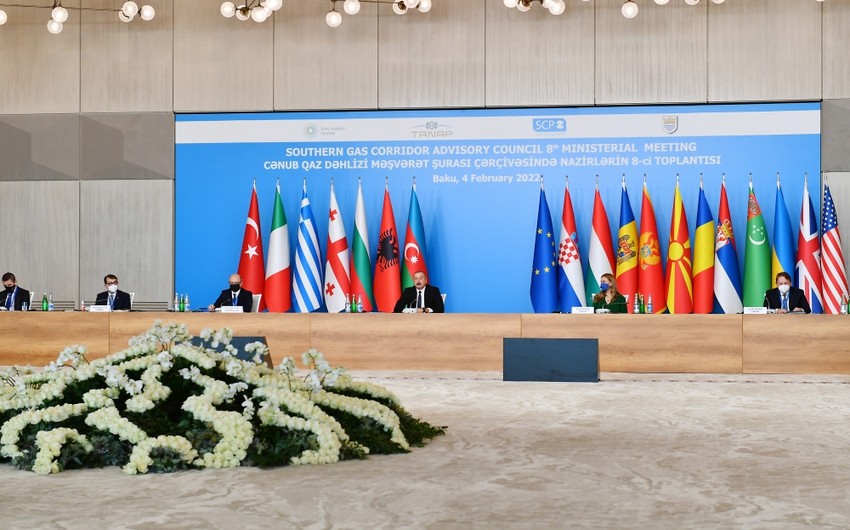The Southern Gas Corridor and other energy projects implemented with the support of Azerbaijan not only ensure the security of the region but are also very important in increasing Azerbaijan's revenues in foreign currency, member of Azerbaijani Parliament Vugar Bayramov has said.
"Azerbaijan is one of the countries contributing to the formation of the energy security of the region, as well as Europe," he said, as quoted by Report.
According to him, energy projects implemented on the initiative of Azerbaijan, which has chosen and gives preference to the multilateral format of cooperation, can be used not only by neighboring states - Georgia and Turkey but also by a number of European countries.
"From the end of 2020, Azerbaijan began exporting blue fuel to Europe through the corridor. Last year, 7 billion cubic meters of gas were supplied to Europe. This figure is expected to grow to 10 billion cubic meters this year. In general, Azerbaijan will supply 10 billion cubic meters of gas on the first stage and 20 billion cubic meters of gas on the second stage. The throughput capacity of the Southern Gas Corridor will be 31.5 billion cubic meters, which will virtually become a new alternative source for Europe," Bayramov said.

He added that the Southern Gas Corridor is significant in terms of a further increase in the state budget revenues of Azerbaijan a stable flow of foreign currency into the country. Azerbaijan will receive more than $100 billion at current prices from gas exports within the Southern Gas Corridor.
The eighth ministerial within the framework of the Advisory Council on the Southern Gas Corridor (SGC) was recently held in Baku.
BP, BOTASH, TPAO, TANAP, TAP, SNAM, Fluxys, ICGB, Romgaz, SACE, SGC, Enagas, Uniper, TotalEnergies, Equinor, Lukoil, the World Bank, the Asian Development Bank, the European Bank for Reconstruction and development, the European Investment Bank and other structures were also represented in the event.
The event featured plenary sessions on the expansion of the Southern Gas Corridor towards new energy markets, including the countries of the Western Balkans, energy transition from hydrocarbon fuels, and measures to reduce emissions of methane to carbon neutrality: paths, challenges, schedules.




 https://static.report.az/photo/89dcac4b-f1ca-346c-a4b7-c0e3922cd7a1.jpg
https://static.report.az/photo/89dcac4b-f1ca-346c-a4b7-c0e3922cd7a1.jpg

